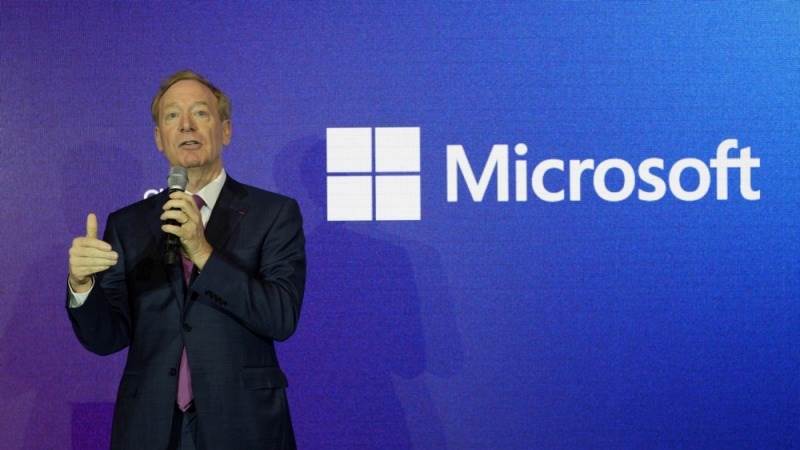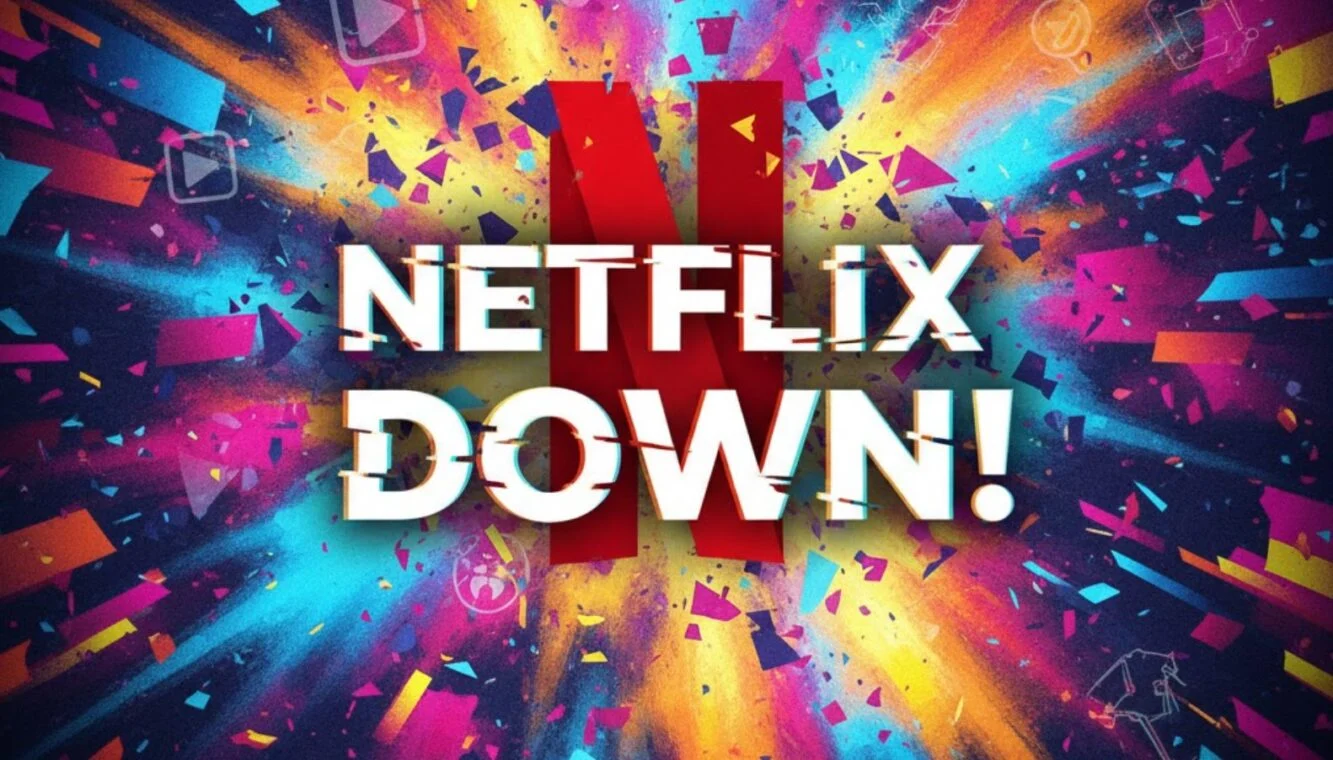Microsoft president makes this ‘China and Russia’ request to Donald Trump

Microsoft’s president, Brad Smith, recently called on US President-elect Donald Trump to “push harder” against cyber attacks from Russia, China, and Iran amid a wave of state-sponsored hacks targeting US government officials and election campaigns. Brad Smith, the Big Tech company’s vice chair and top legal officer, told the Financial Times that cyber security “deserves to be a more prominent issue of international relations” and appealed to the US president-elect to send a “strong message.”.
“I hope that the Trump administration will push harder against nation-state cyber attacks, especially from Russia, China, and Iran,” Smith said. “We should not tolerate the level of attacks we see today.”
Ransomware attacks against US businesses have surged in recent years, often perpetrated by criminal gangs that Smith said were “tolerated… and in some cases even facilitated” by the Russian government.
Recently, US law enforcement agencies accused China of mounting a widespread cyber espionage campaign by breaking into several American telecom networks in the run-up to this month’s election.
Smith said Joe Biden’s administration had made “tremendous progress in strengthening cyber security protections” but added: “There are more steps that are needed, especially in dissuading and deterring these other countries from unleashing these cyber attacks.”
A recent Microsoft study found that its customers face more than 600 cyber attacks daily, with criminal gangs and “nation-state groups” increasingly teaming up to share tools and even conducting joint operations.
Smith testified before the US Senate in September that Russia, China, and Iran had stepped up their digital efforts to interfere in global elections this year, including in the US.
However, Microsoft’s own security standards have come under fire in recent months. A damning report by the US Cyber Safety Review Board in March said its security culture was “inadequate”, pointing to a “cascade . . . of avoidable errors” that last year allowed Chinese hackers to access hundreds of email accounts, including those belonging to senior US government security officials, that were hosted on Microsoft’s cloud systems. Post this, Microsoft chief executive Satya Nadella reportedly told employees that the company would prioritise security “above all else”, including by tying staff remuneration to security.




